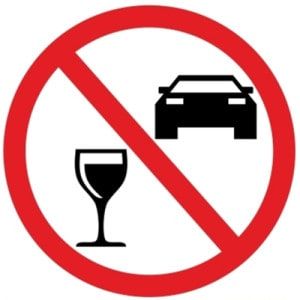 Since a bipartisan group drafted over 70 bills to toughen Virginia’s drunk driving laws in 2004, the state has seen a 21% decrease in drunk driving fatalities, according to statistics from the Virginia Department of Motor Vehicles. While DUI convictions have remained steady, drunk driving-related crashes have also decreased by about 30% since 2005.
Since a bipartisan group drafted over 70 bills to toughen Virginia’s drunk driving laws in 2004, the state has seen a 21% decrease in drunk driving fatalities, according to statistics from the Virginia Department of Motor Vehicles. While DUI convictions have remained steady, drunk driving-related crashes have also decreased by about 30% since 2005.
Virginia wasn’t always a leader in enacting tough DUI laws. In fact, up until 2004, the state was often behind the pack. However, the state’s mindset about drunk driving has changed significantly since the General Assembly passed a batch of DUI bills in 2004. Here are some of the key 2004 provisions that helped the state decrease drunk driving crashes and fatalities:
- Longer prison sentences (10 days to six months) and driver’s license suspension periods for repeat DUI offenders
- Criminalization of a breath test refusal by a convicted DUI offender in addition to an administrative penalty
- Tough consequences for drivers who operate a vehicle on restricted, suspended, or revoked licenses while impaired, even if their blood alcohol content (BAC) is below 0.08
- Establishment of a Trauma Center Fund supported by $50 fines paid by drunk drivers
Since 2004, Virginia has continued to toughen its DUI laws. In 2012, Virginia became the 17th state to require ignition interlocks for all convicted drunk drivers. That year the state had 211 drunk driving fatalities, a 7.5% decrease from 2011. The state also has a five-star rating, the highest rating a state can get, on Mothers Against Drunk Driving’s (MADD) DUI law scale.
Virginia isn’t alone in reducing DUI deaths. According to the most recent federal statistics, national drunk driving fatalities dropped 23% between 2005 and 2012. If a recently introduced federal bill that would push all states to pass all-offender interlock laws is passed by Congress, the U.S. could look forward to an even bigger decrease in drunk driving deaths.
